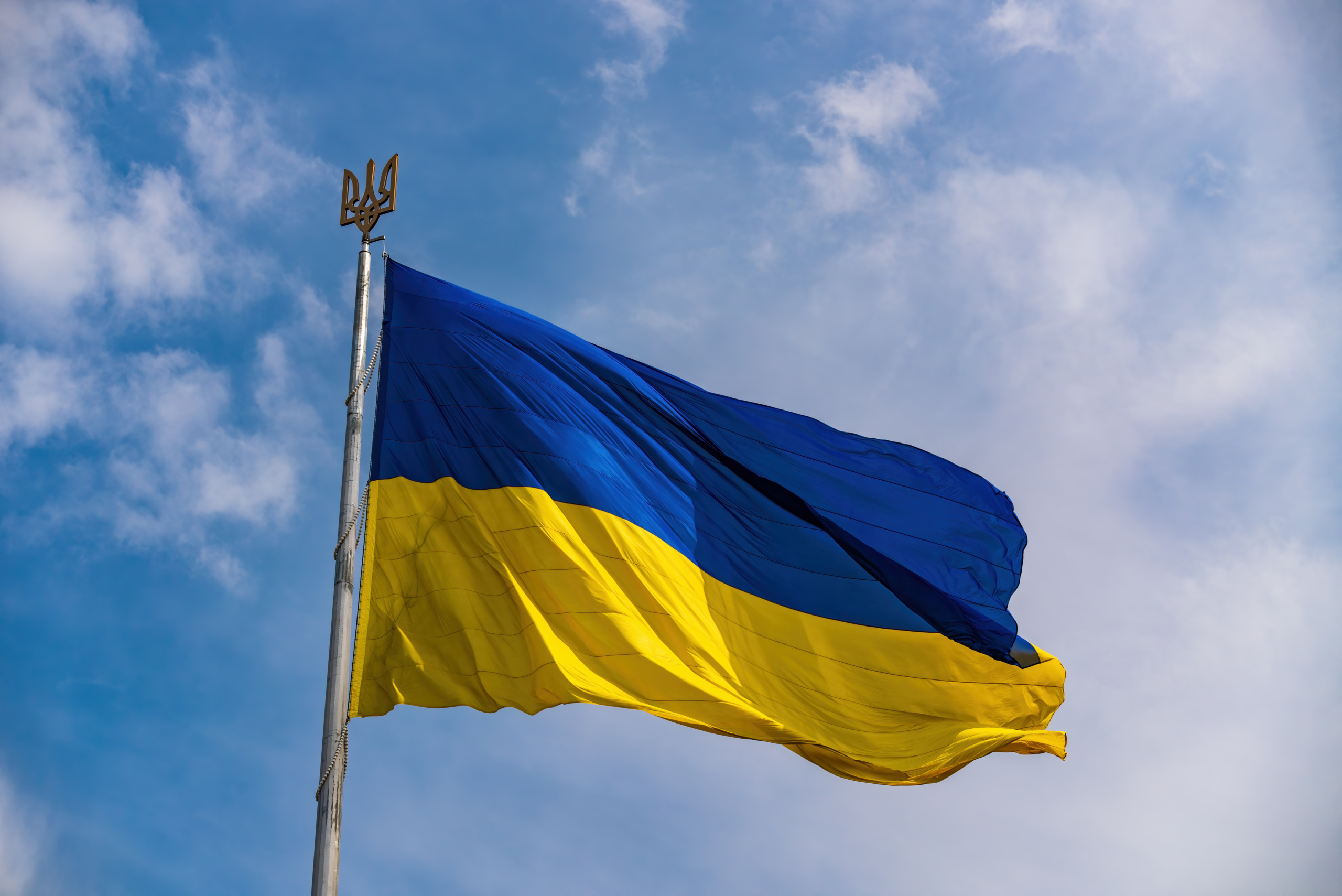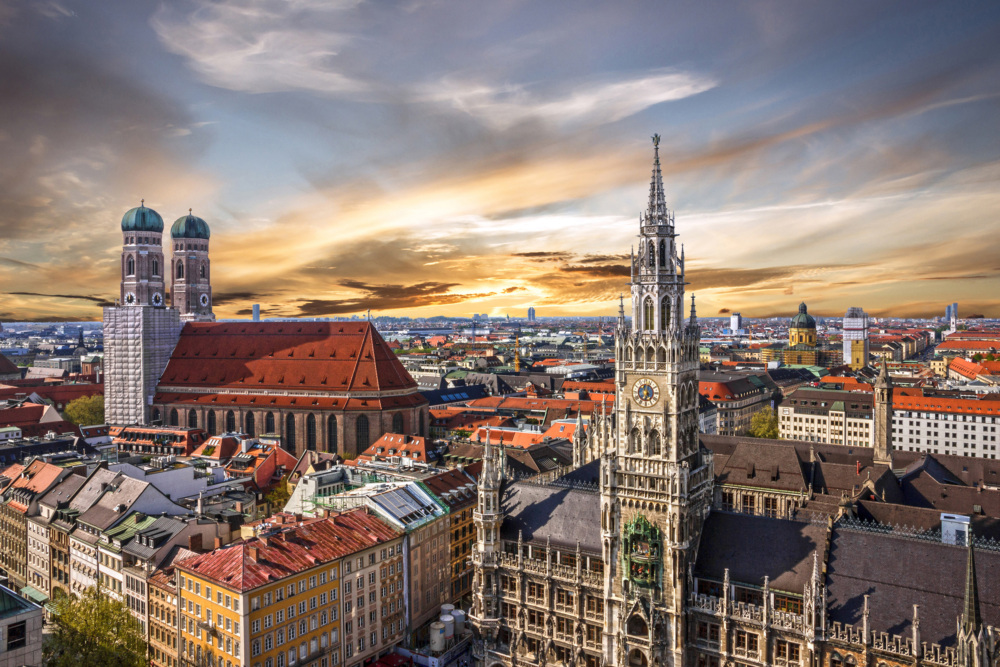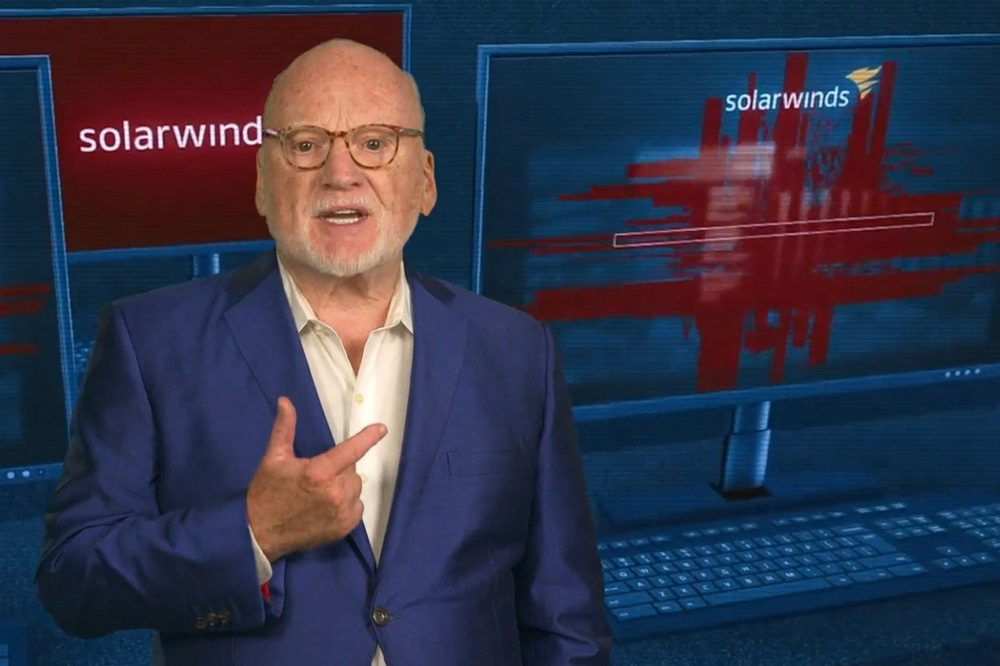Buffeted by significant battlefield setbacks in Ukraine, new expressions of concern from his closest sympathizers, and widespread international condemnation of his actions, Vladimir Putin this week made the most nearly overt and explicit threat yet to use nuclear weapons in his war on Ukraine. The chances of the first use of a nuclear weapon in Europe have increased dramatically with Putin’s support for annexation of occupied Ukrainian territory, a move that has zero chance of being recognized by the international community at large, combined with his vow that Russia will use “all means at its disposal” to defend its territorial integrity.
But a nuclear war is not inevitable. NATO and the West must continue to respond with steady determination and resolve to push back on reckless Russian threats. They must make clear that a measured but forceful response will follow should Russia carry out its nuclear threat. Russian nuclear escalation will significantly expand the confrontation with Ukraine and the West while diminishing prospects for a Russian military, diplomatic, economic or political result that Russia and others can live with in the longer term. Nuclear use would break the nearly eighty-year taboo that Russia itself did much to support, without any credible reason to invoke the exceptional circumstance of an existential threat; Russia did not and does not face such a threat even with its war on Ukrainian sovereignty. Nuclear use would be an acknowledgement of Russia’s military and strategic failure and would exacerbate the plight of long-term losers from the conflict, including Russia.
Nations around the world also must make it clear that they will hold Russia accountable for its actions. Nine months ago, Putin joined with the leaders of China, France, the United Kingdom, and the United States to declare jointly that a “nuclear war cannot be won and must never be fought.” All world leaders—particularly leaders in China, India, and others who have, until recently, largely avoided criticizing Russia for its blatant violation of UN-recognized Ukrainian sovereignty —must now hold Putin to that statement. They must make clear to Putin directly and in no uncertain terms that any use of nuclear weapons in this conflict is unacceptable and would have catastrophic consequences for Putin and for Russia—and for other parts of the world as well (such as Northeast Asia and the Middle East) as the entire Nuclear Nonproliferation Treaty regime becomes increasingly fractured.
The urgency of this message highlights the critical importance of clear communications with Putin, his military, and those global leaders who work most closely with him even—or especially—in times of war and crisis. Any nuclear use would result in global disorder and fundamental geopolitical reevaluation. There is wisdom in restraint in the face of Putin’s nuclear bluster, but his threats must be taken seriously—and the international community must use all the diplomatic tools it can muster to reduce the risk of nuclear conflict and dissuade Putin from compounding the grievous mistake of starting this war by further escalating it.
Putin’s willingness to flout global norms and endanger the citizens of Ukraine, its neighbors – including the Russian people – and the broader world are not manifested only in his threats to use nuclear weapons. Grave concerns remain about conditions inside and outside the Zaporizhzhia Nuclear Power Plant. Despite repeated warnings and pleas from Ukrainian authorities and plant operators, countless world leaders, and the International Atomic Energy Agency, Russia’s actions—whether reckless or intentional—continue to treat the facility like a political pawn. A serious nuclear incident – whether use of a nuclear weapon or a large radioactive release from a nuclear power facility—will dampen the expansion of nuclear power as an important pathway towards reliable electricity supply and climate change risk mitigation. Ironically, such an outcome would most severely affect Russia’s own economic aspirations for leadership in global nuclear power development.
Nuclear weapons have not been used in war in more than 77 years; it would be a monumental mistake to take this record for granted. During that time, we have narrowly averted disaster on many occasions—through principled strength, skillful diplomacy, dialogue, and communication even between adversaries, and no small amount of sheer luck. Putin’s threats pose the most serious threat in generations to that record of non-use. Nuclear weapons use marked the end of World War II and must not be allowed to risk initiation of World War III.
Global leaders must waste no time and spare no effort in meeting this challenge with dedicated and aggressive diplomacy. The nightmare scenario of nuclear weapons use in the Ukraine conflict is relentlessly coming into sharper focus, and standing on the sidelines is becoming an act of complicity.





